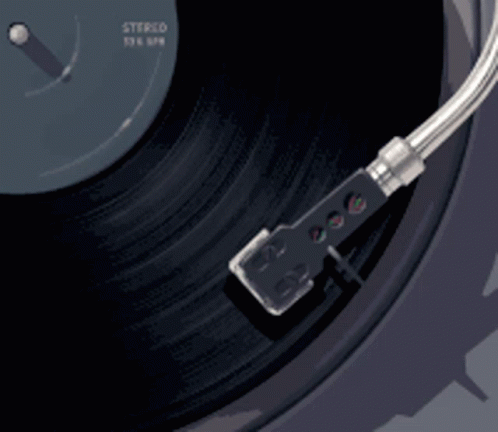+1, splitting my sides laughing…
Audio Science Review = Rebuttal and Further Thoughts
@crymeanaudioriver @amir_asr You are sitting there worrying if this or that other useless tweak like a cable makes a sonic difference.
I don’t worry about my equipment unless it fails. I never worry about tweaks or cables. The last time I had to choose a cable was after I purchased my first DAC and transport in 2019. I auditioned six and chose one, the Synergistic Research Atmosphere X Euphoria. Why would someone with as fulfilling a life as me worry about cables or tweaks and it is in YOUR mind that they are USELESS.
@prof "would it be safe to say you are not an electrical designer or electrical engineer? If so, under what authority do you make the following comment" - concerning creating a high end DAC out of a mediocre DAC.
Well, I have such a DAC, built by a manufacturer of equipment and cables for his and my use. It beat out a $9,000 COS Engineering D1v and $5,000 D2v by a longshot. It is comparable to an $23,000 Meridian Ultradac. Because I tried all the latter three in comparison I say this with some authority, the authority of a recording engineer (me), a manufacturer (friend) and many audiophiles who have heard the same and came to the same conclusion.
Another DAC with excellent design engineer and inferior execution is the Emotiva XDA-2. No new audio board but 7! audiophile quality regulators instead of the computer grade junk inside, similar high end power and filter caps, resistors, etc. to make this into a high end DAC on the very cheap ($400 new plus about the same in added parts).
@russ69 We must be neighbors. I frequented Woodland Hills Audio Center back in the 70s and 80s. I heard several of Arnie’s speakers including a the large Infinity speakers in a home.
- ...
- 326 posts total
@thyname , you are so right. And he keeps forgetting to take his medication🙄 |
When there is some basic disagreement, sometimes you have to start on some example we would agree upon, to establish a principle. Then the argument can apply that principle to specific subjects at hand.
We have established that appealing to the idea that humans vary in acuity can not be used in support of highly dubious claims, like hearing distortion differences well known to be below audible thresholds. We can’t just presume "maybe somebody happens to have Super Duper Rare Hearing Ability!!" That would need to be ESTABLISHED, not assumed. Just raising the very "possibility" doesn't make it probable.
Everyone at ASR would acknowledge variations in hearing acuity! Could there be anything more obvious? The point is what type of claim is being made? If you claim to be hearing differences in, say, cables, where measured differences are well below established human hearing thresholds...sorry...no...you don’t get to just claim you are special. That claim would require more evidence; ideally some plausible, testable hypothesis for what is happening technically, or at the very least, showing these differences can be discerned under conditions controlling for sighted bias. Whether your Veronica Seider" example is bogus or not, it only serves to re-enforce this point! If for instance a number of reviewers and audiophiles think they hear differences between expensive and cheaper properly functioning USB cables, that is implausible given how USB cables work, and for instance Amir showed the measurements in the case of one such USB Nordost cable. No detectable change to the signal vs a cheaper USB cable. And yet you will find audiophiles who claim to hear differences in just these situations! So what is more LIKELY in such cases? That any individual, or group of such audiophiles are "Super Hearers" - incredibly rare outliers in human hearing? That would be VERY RARE if possible at all. But what ISN’T RARE is standard human bias effects on perception. Super Hearing is rare: Biased-influenced perception is routine, and EVERYONE carries this around with them. Therefore it’s entirely reasonable to hold dubious technical claims with skepticism, and to hold claims that are extraordinary should require stronger evidence than "some audiophile’s say-so or belief." You see, that’s the problem. It isn’t simply that many audiophiles claim to hear Big Differences. Sometimes that’s quite plausible. But many claim to hear Big Differences in scenarios that are DEEPLY IMPLAUSIBLE given how the technology works, and given known hearing thresholds!
|
- 326 posts total


